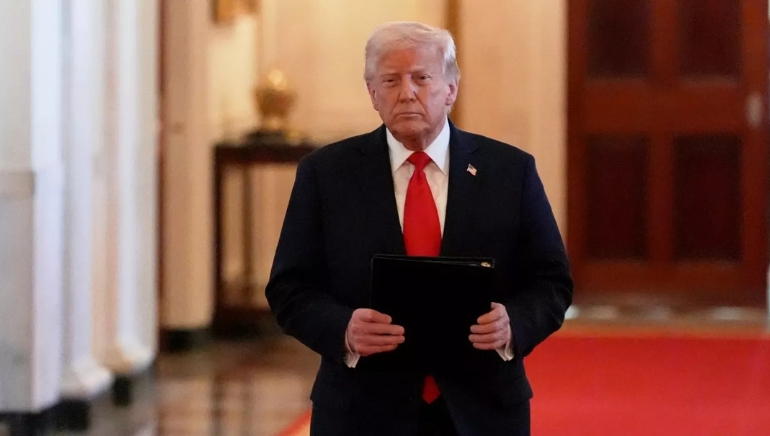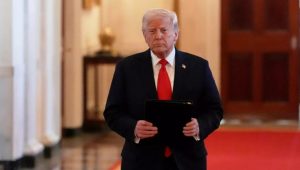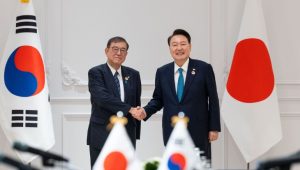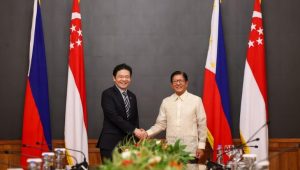Several countries and industry executives have encouraged the Trump administration not to put new national security tariffs on imported commercial aircraft and components. Recently disclosed documents from the United States Commerce Department revealed growing worldwide alarm about the potential fallout. The European Union, Canada, China, Japan, Mexico, and Switzerland have joined major airlines and aerospace manufacturers in their appeal.
These organisations underlined the importance of maintaining the 1979 Civil Aircraft Agreement, which has resulted in a $75 billion yearly trade surplus for the United States.
The European Union prioritised strengthening commercial connections rather than imposing limitations, warning that it may take steps to ensure fair competition. China argued that domestic aviation manufacturers should not be safeguarded by undermining global competitors. Boeing used its tariff-free agreement with the United Kingdom as an example, while Airbus America CEO Robin Hayes argued that current US tariffs threaten domestic aircraft production.
Labour organisations in the United States had opposing viewpoints. The United Auto Workers union backed tariffs and quotas to boost aerospace employment, which has fallen since 1990. Delta Air Lines and JetBlue Airways have warned that extra tariffs may have an impact on ticket costs, aviation safety, and the overall supply chain.















